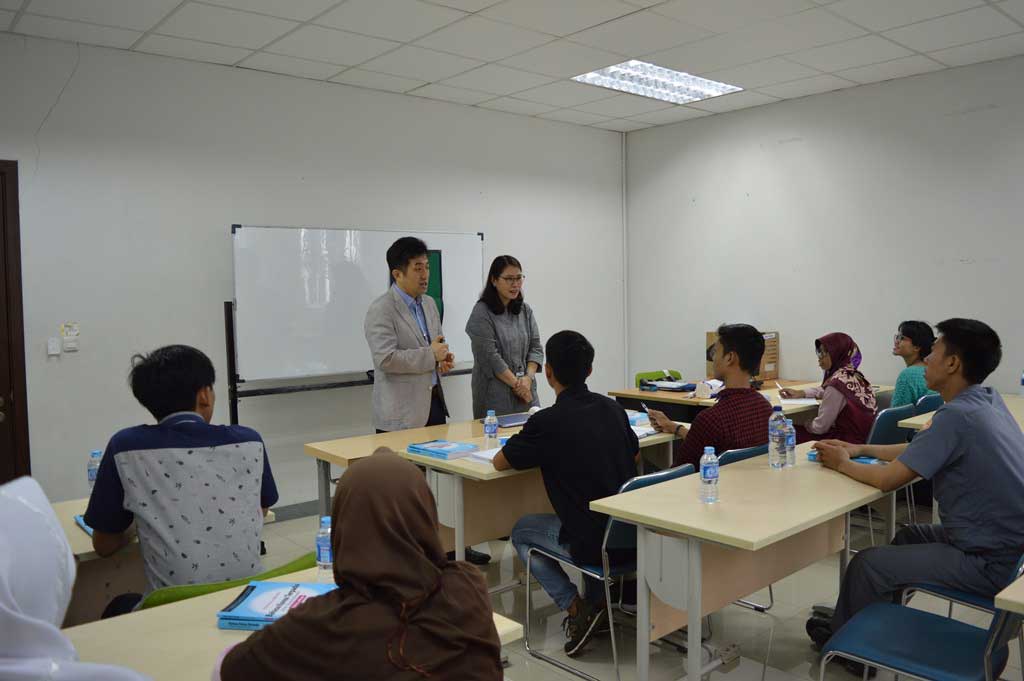 By: Krismilani, Indira Abidin
By: Krismilani, Indira Abidin
Creativity and innovation comes from the intention to make lives better. Let’s take a look at the story of William Addis, the inventor of toothbrush. When he was jailed in 1770, he decided that the method used to clean teeth at that time, rubbing a rag with soot and salt on the teeth, was ineffective and could be improved. To that end, he saved a small animal bone left over from the meal he ate the previous night, into which he drilled small holes. He then obtained some bristles from one of his guards, which he tied in tufts that he passed through the holes in the bone, and which he sealed with glue. After his release, he established a toothbrushes manufacturing business and became very rich. By 1840 toothbrushes were being mass-produced in England, France, Germany, and Japan. Even the darkest place like prison can’t jail William Addis’ thoughts and creativity, he was able to seek for opportunities, saw his situation from the bright side and make the best of it.
There are seven habits that you can practice to continuously polish your creative mind:
1. Relax
Creativity requires an absorbed mind, a relaxed state of focus and attention. Give yourself the time and space you need to get completely absorbed in the zone of creativity and inspiration. Let the desire to create come from the pure pleasure of creative expression. If you worry about being perfect, you may never begin.
2. Aim to do something good
“We are what we think. All that we are arises with our thoughts. With our thoughts we create the world.” —The Buddha
Be observant of what’s going on and always aim to improve lives, add value, help others, do good, leave a legacy in the midst of whatever is happening. Find opportunities to create something better in all conditions. Be aware of what you want to achieve in life and do make the best out your condition to achieve it. Put our attention on what we want to create not on the problem. Stay optimistic, be positive, do your best and let God do the rest. Have faith that God puts us in our current condition for a purpose.
3. Ask questions
Keep the “beginner’s mind,” and ask questions like small kids always do, instead of trying to find immediate answers. Pay attention to questions other people ask, especially those from artists, scientists, and thought leaders. Keep questioning the status quo and “how to do things better,” “how to make it greater,” or “how to make it more fun.” Explore your world and ask questions about ways to create or add more values, do more good, for yourself, friends, family members, colleagues
4. Connect and combine ideas
Find people with common ideas, aims, dreams, goals and interest. Connect and discuss ideas with them. Collaborate, synergize and make things happen together. The passion and fun will add to the happiness that further fuel creativity.
5. Experiment and make rooms for failure
“I make more mistakes than anyone else I know, and sooner or later, I patent most of them.” Thomas Edison
Failure is a part of experiment. Edison could not have invented and produced 1,093 if he’s afraid of failure. His grew from his failures, mastering on how to learn from them. When you stick with your goals to help, to do good and have fun in the experiment of making them happen, learning from every single failure you find along the way, you will finally find what you search for and even more. You may find other, better ideas that you could not imagine before you failed.
6. Self nourish
Entertain your mind, have fun with your passion. Your creative brain can only work when you feel physically, emotionally secured, safe and content.
7. Keep being in the “play” mode
A small child can be absorbed in a game and lost track of time. This is how creative juice can flow. It needs the momentum to explore and unveil new ideas. Find this momentum. Do not be afraid to go deeper and deeper to find the answers to your burning questions. Do not stop when you see a wall. Keep ask those magic questions, get what it is that you want to make things better.
When you apply these habits in your business, family, and personal life, then you can create a meaningful creative life. One that can become a blessing for the world you live in. Remember, you can only change your world by changing your thoughts and habits.
Picture Source: http://www.brevedy.com/wp-content/uploads/2014/01/Habit.jpg









Leave a Reply